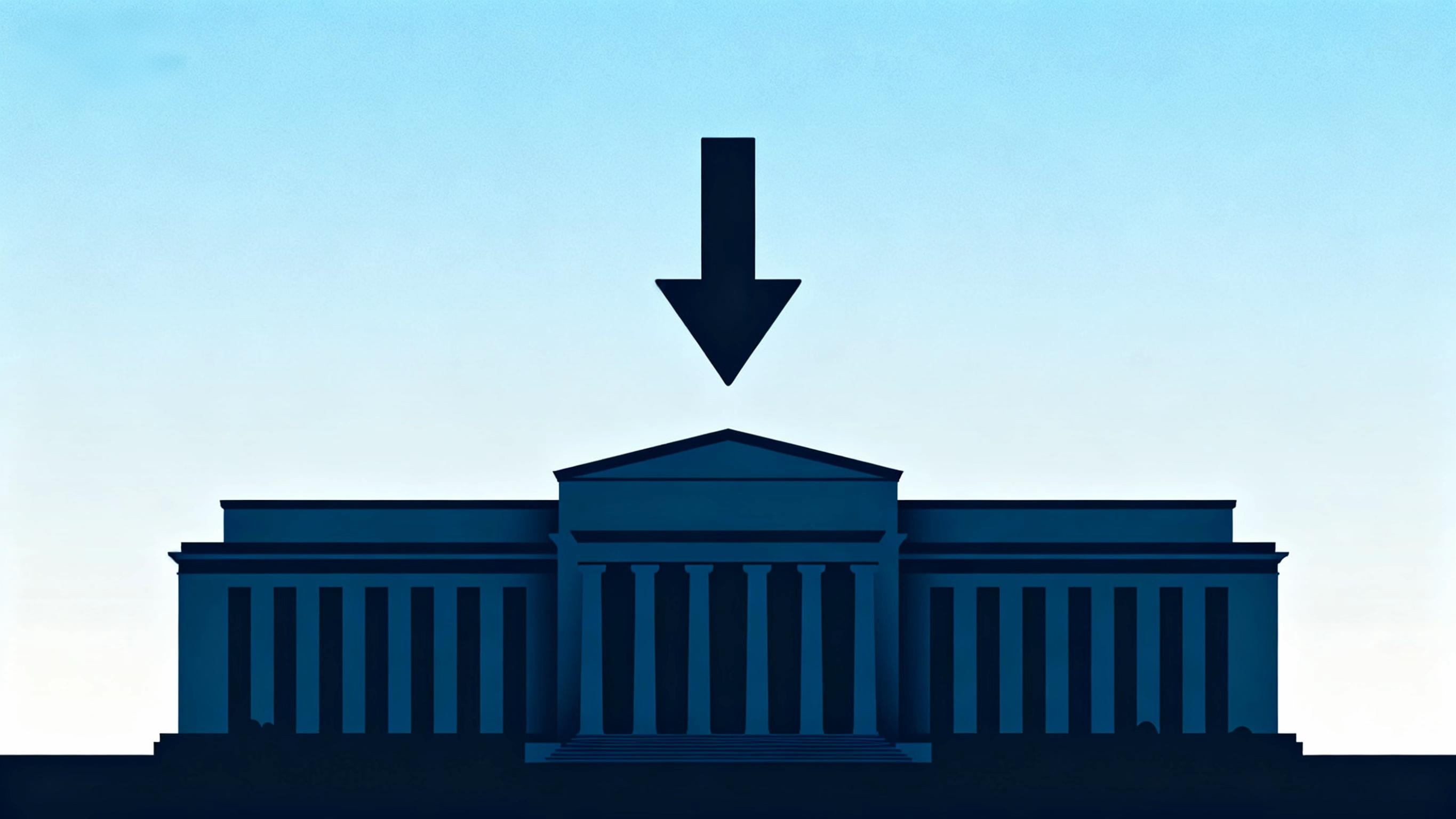
Recently in Washington, a long-awaited regulatory dialogue captured the attention of global financial markets. For the first time in fourteen years, the U.S. Securities and Exchange Commission (SEC) and the Commodity Futures Trading Commission (CFTC) sat down at the same table for a joint roundtable meeting concerning the future market landscape.
The SEC and CFTC are attempting to break a years-long deadlock. In the past, former CFTC Chairman Rostin Behnam believed most crypto assets should be considered commodities, while former SEC Chairman Gary Gensler insisted that most crypto assets are securities. This divergence not only created jurisdictional confusion but also left market participants uncertain about compliance paths. Now, acting CFTC Chairman Caroline Pham stated at the meeting that the "turf war over crypto regulation has ended," marking a historic shift in attitude for US crypto regulation.
"Historic Reconciliation"
At the beginning of the meeting, Pham sent a signal of stability to the outside world. She emphasized that since taking over the agency in January this year, the CFTC has completed dozens of regulatory and enforcement actions in less than nine months, including cases targeting crypto assets. She bluntly stated that the market no longer needs to doubt the CFTC's normal operation. "FUD can be put to rest." It is worth mentioning that the selection of the CFTC Chairman is still pending, and Pham is currently the only seated Commissioner at the CFTC.
SEC Chairman Paul Atkins' speech more directly addressed market rumors. Responding to external speculation about a potential merger of the two agencies, he clearly stated that this idea has never been on the regulatory agenda. "Cooperation, not consolidation," he emphasized, adding that any form of agency restructuring must be decided by Congress and the President. Atkins also revealed that among current priorities, crypto asset regulation has been placed at the top.
The meeting was divided into three parts, with representatives from institutions such as Kraken, Crypto.com, Bank of America, and JPMorgan Chase gathering for discussions.
First, they explored the historical relationship between the SEC and CFTC, the roots of jurisdictional disputes, and the evolution of the regulatory system. Secondly, they discussed how trading platforms and related intermediaries (including exchanges, trading interfaces, clearing agencies) can realize their economic value while protecting investors in a more coordinated regulatory environment. Finally, the meeting also addressed how regulatory coordination could benefit end-users and institutional investors from the perspective of reducing costs, improving participation efficiency, and expanding choices for market participants.
Atkins stated at the meeting that decades of regulatory fragmentation have stifled innovation. Entrepreneurs were forced to navigate two sets of often conflicting rules. They hope to find a model that retains the hallmark investor protection mechanisms of the US market while incorporating elements conducive to innovation.
After Reconciliation, How is the Division of Labor?
However,磨合 of the systems will not happen overnight. In Washington, legislators are drafting market structure legislation called the "Clarity Act," attempting to clarify the roles and division of labor between the SEC and CFTC. The core mechanism of this bill is to categorize crypto assets into three types: digital commodities, investment contract assets, and approved payment stablecoins, and to define the regulatory obligations of the CFTC and SEC based on these categories. Its aim is to distinguish crypto asset transactions from the analysis of investment contract securities under the Howey Test, which will ultimately determine the division of jurisdiction. Furthermore, the bill creates a structured on-ramp for innovation and is committed to providing protections for investors.
Specifically, the bill would grant the CFTC exclusive jurisdiction over anti-fraud or anti-manipulation enforcement for crypto assets (including cash or spot transactions). Additionally, the bill requires intermediaries handling crypto assets (including currently dominant cryptocurrency exchanges or other brokers and dealers) to register with the CFTC. For the SEC, the bill would grant it exclusive jurisdiction over issuers and the issuance of investment contract assets, including registration and reporting requirements. The SEC would also retain anti-fraud and anti-manipulation authority over crypto assets traded on SEC-registered brokers, dealers, or national securities exchanges.
For approved payment stablecoins, issuers would be regulated by banking regulators. However, the CFTC and SEC would respectively retain anti-fraud and anti-manipulation jurisdiction over any transactions conducted on CFTC or SEC-registered crypto exchanges.
If this bill can be passed, US crypto asset regulation will have a written institutional framework for the first time.
"To the extent permitted by existing statutes and consistent with the public interest, our respective agencies should consider harmonizing definitions of products and venues; streamlining reporting and data standards; coordinating capital and margin frameworks; and leveraging our respective agencies' existing exemptive authorities to create a coordinated exemptive framework for innovation," the two chairs said. "By working together to harmonize our regulatory frameworks, the SEC and CFTC can reduce unnecessary barriers, enhance market efficiency, and create space for innovation to flourish. Our shared goal is to ensure that the United States maintains its leadership in global capital markets."
















